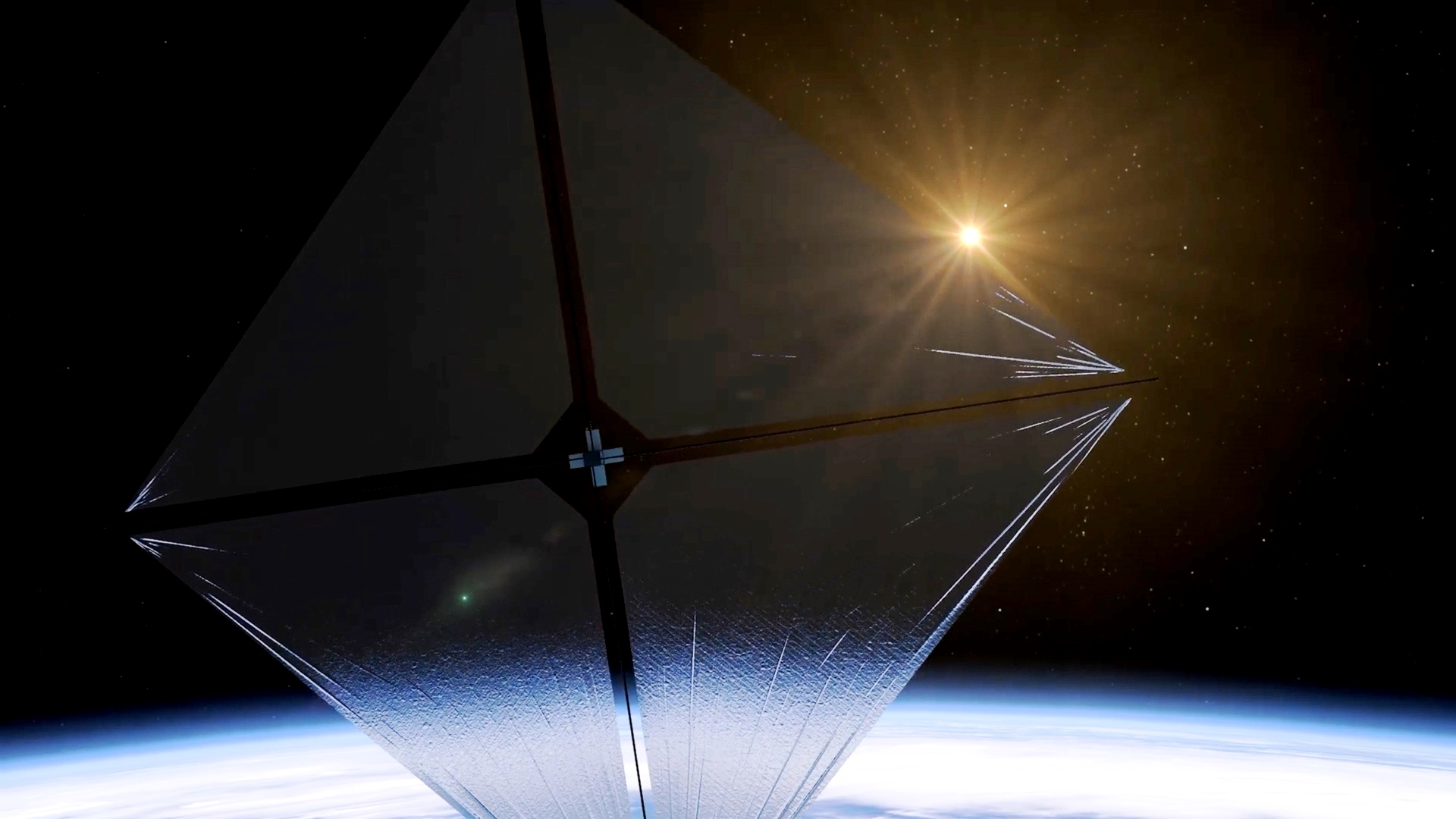SSTL led consortium awarded Innovate UK grant for HTP propulsion system

Courtesy µ-VIS centre at the University of Southampton
The new HTP propulsion system is being designed as an environmentally friendly and cost effective 'green' replacement for hydrazine propellant systems, which are currently commonly used in small satellites. Hydrazine is on the REACH* sunset list of chemicals and there is a drive from the space industry to develop alternative high performance, low cost, propulsion systems.
SSTL has identified HTP as an environmentally friendly monopropellant with the potential for providing the high performance required for future small satellite missions, and has teamed with partners on a project to bring the new HTP propulsion system design to flight-ready status.
SSTL’s propulsion engineers have designed a prototype HTP propulsion system, and will work together with the consortium partners to resolve the remaining design and materials challenges to achieve a flight-ready concept by the end of 2016. The project will require a comprehensive validation of material compatibility that will be undertaken by European Astrotech (EAL) to demonstrate for future customers the long term suitability of HTP with all system components.
A new valve will be developed by SSTL, based on a novel patent from The Open University, and a high-strength Aluminium propellant tank will be developed by TISICS Ltd using fibre reinforced aluminium composite (Al-MMC).
Finally, the whole system will be built as a ground demonstration unit by SSTL and tested with EAL.
Footnote: * REACH is the European Regulation on Registration, Evaluation, Authorisation and Restriction of Chemicals. It entered into force in 2007, replacing the former legislative framework for chemicals in the EU.
















